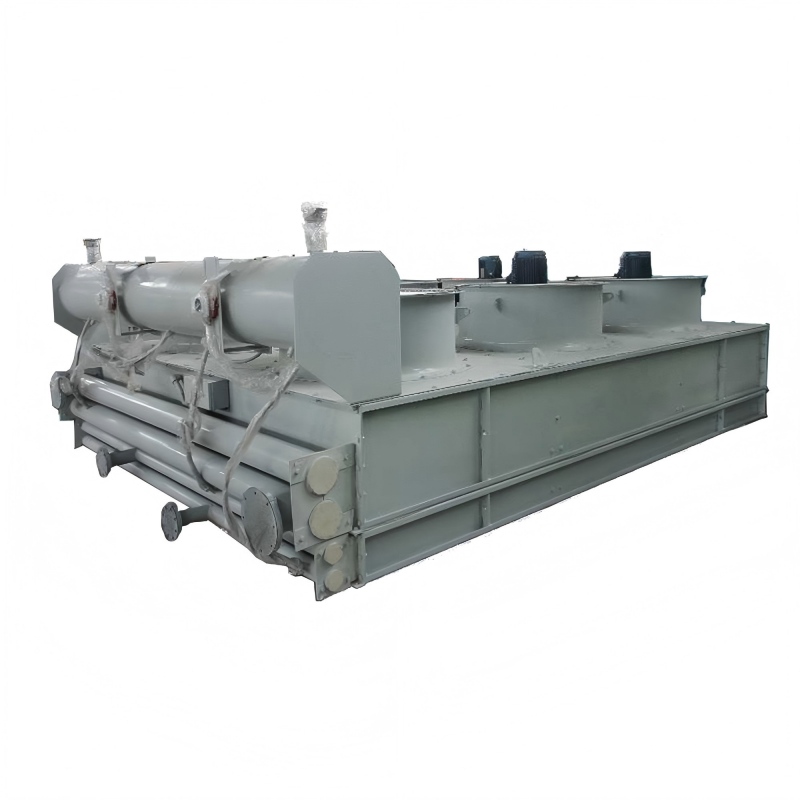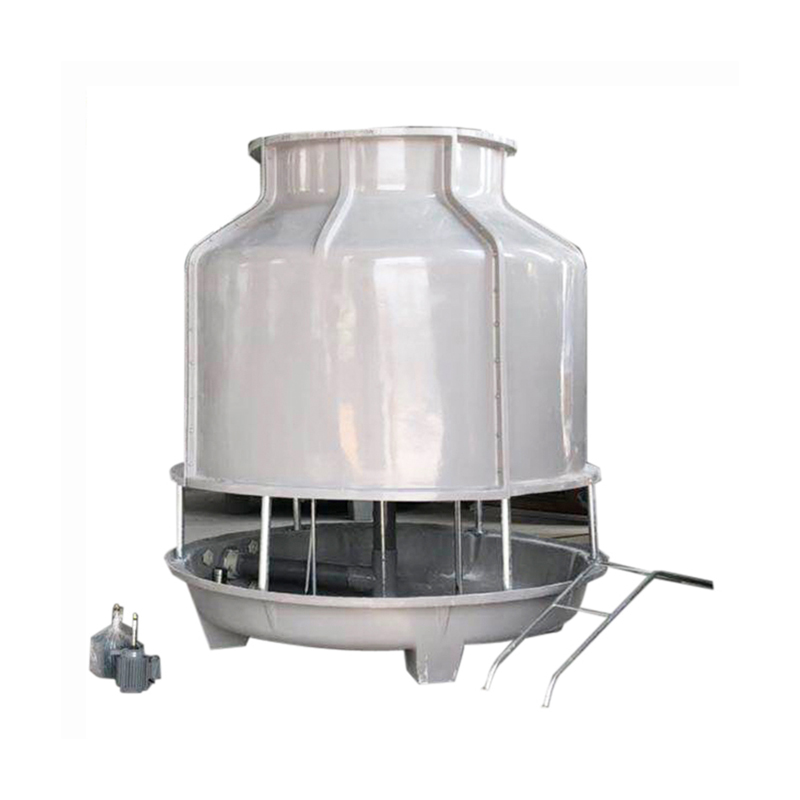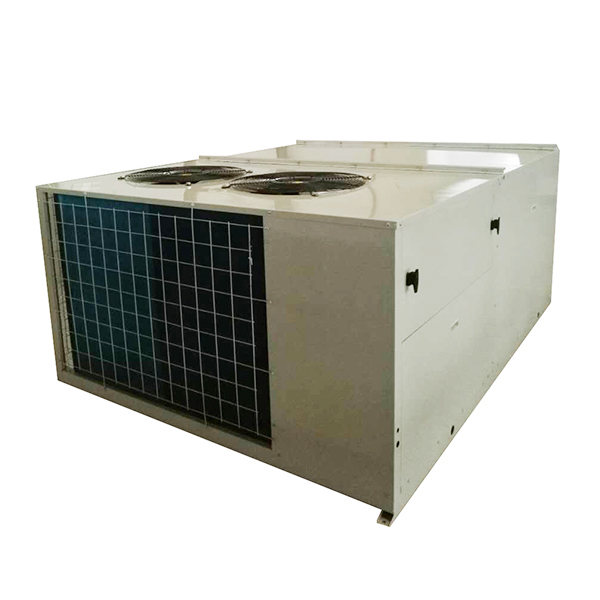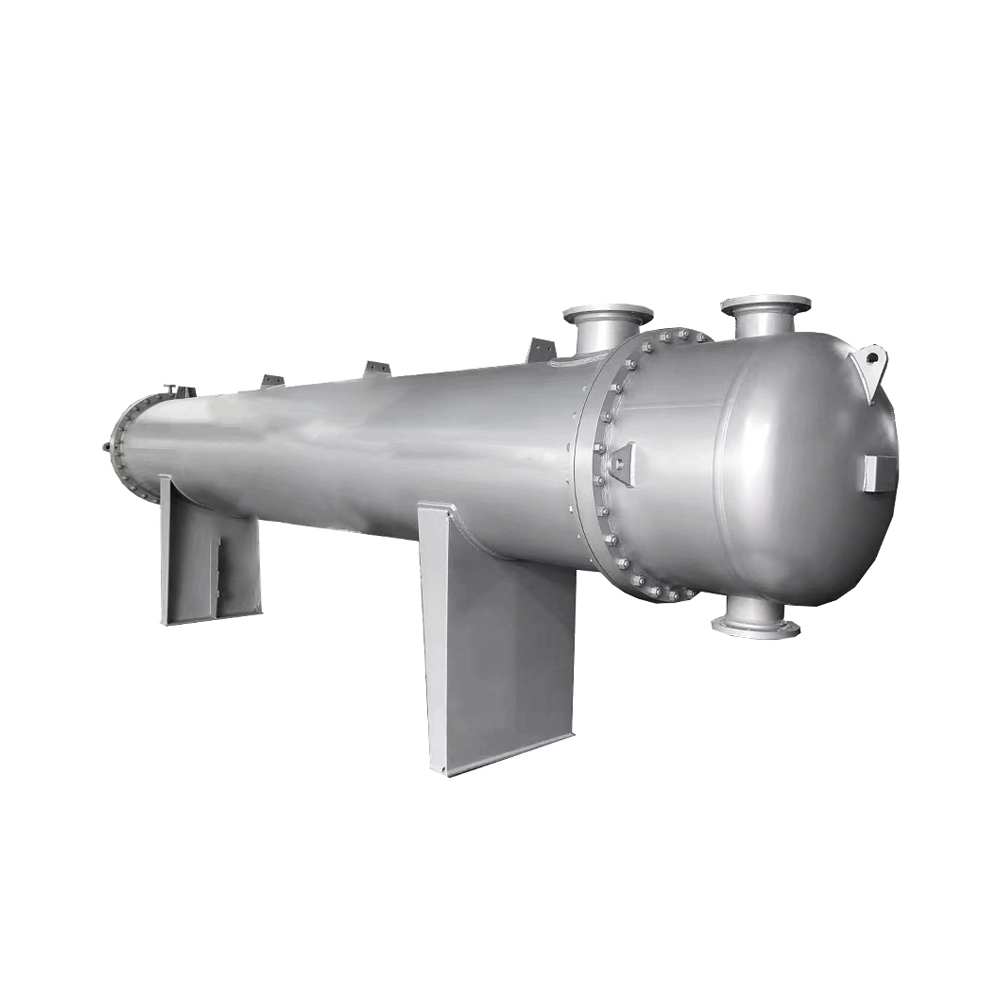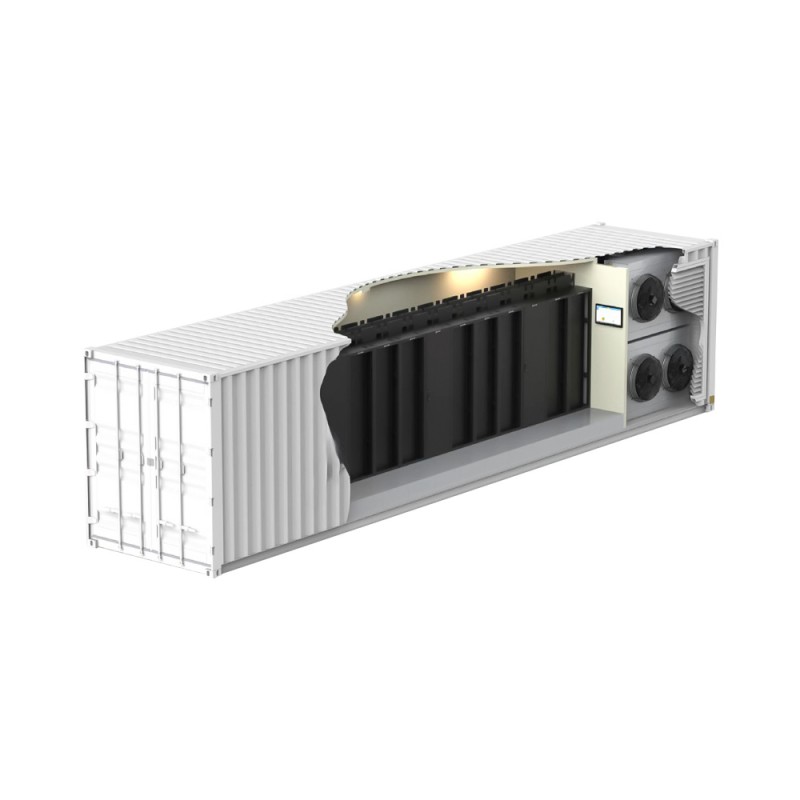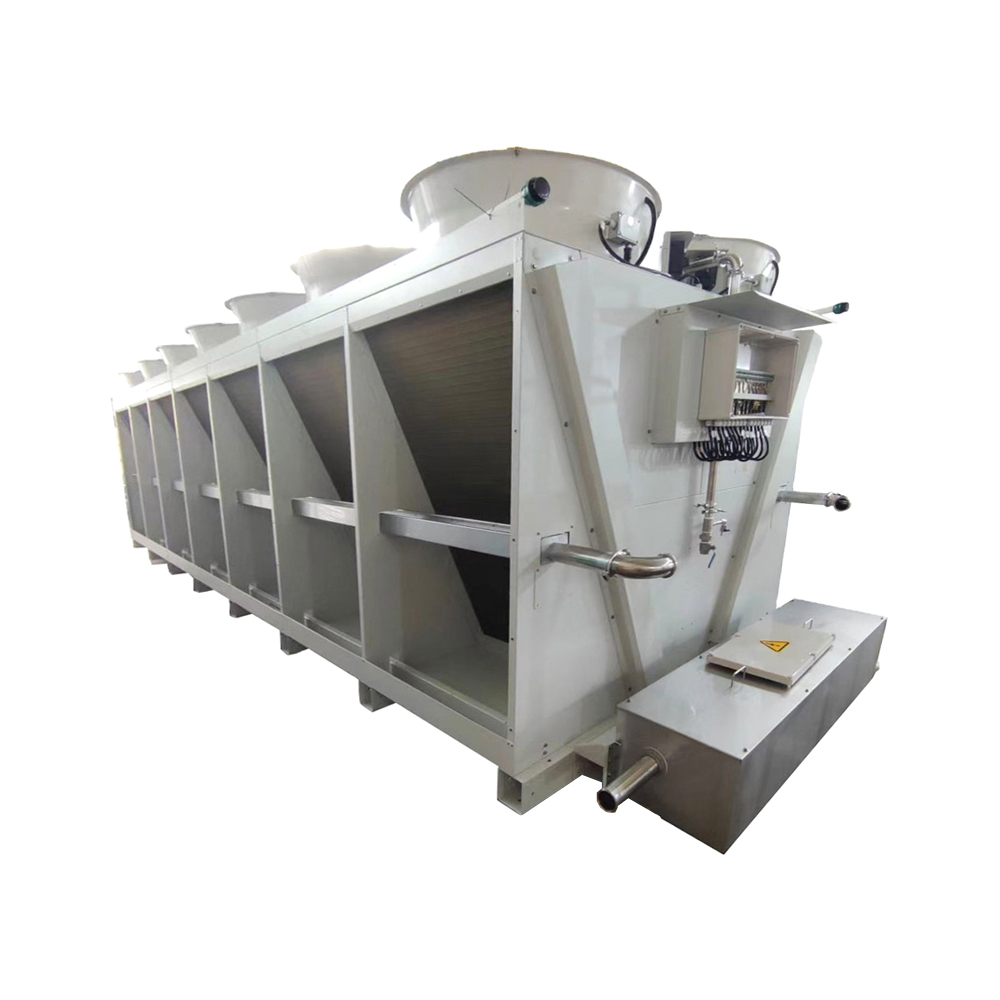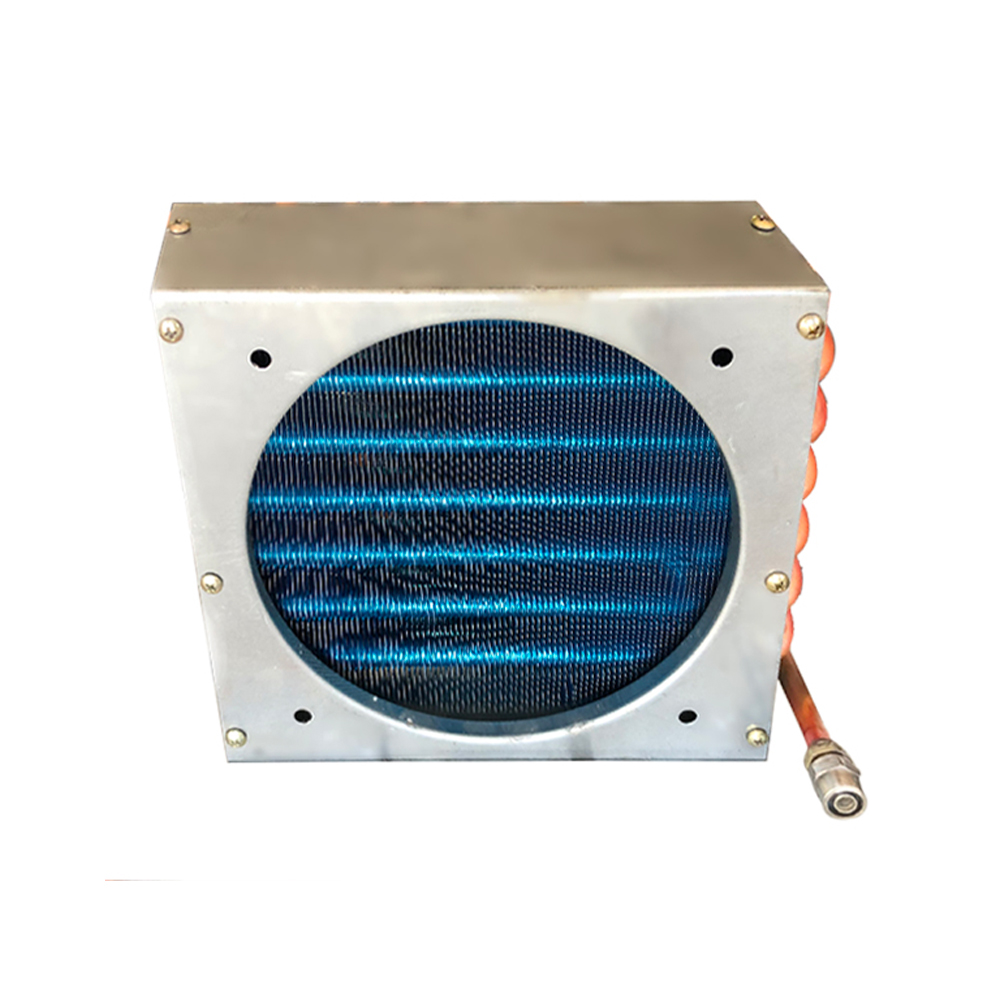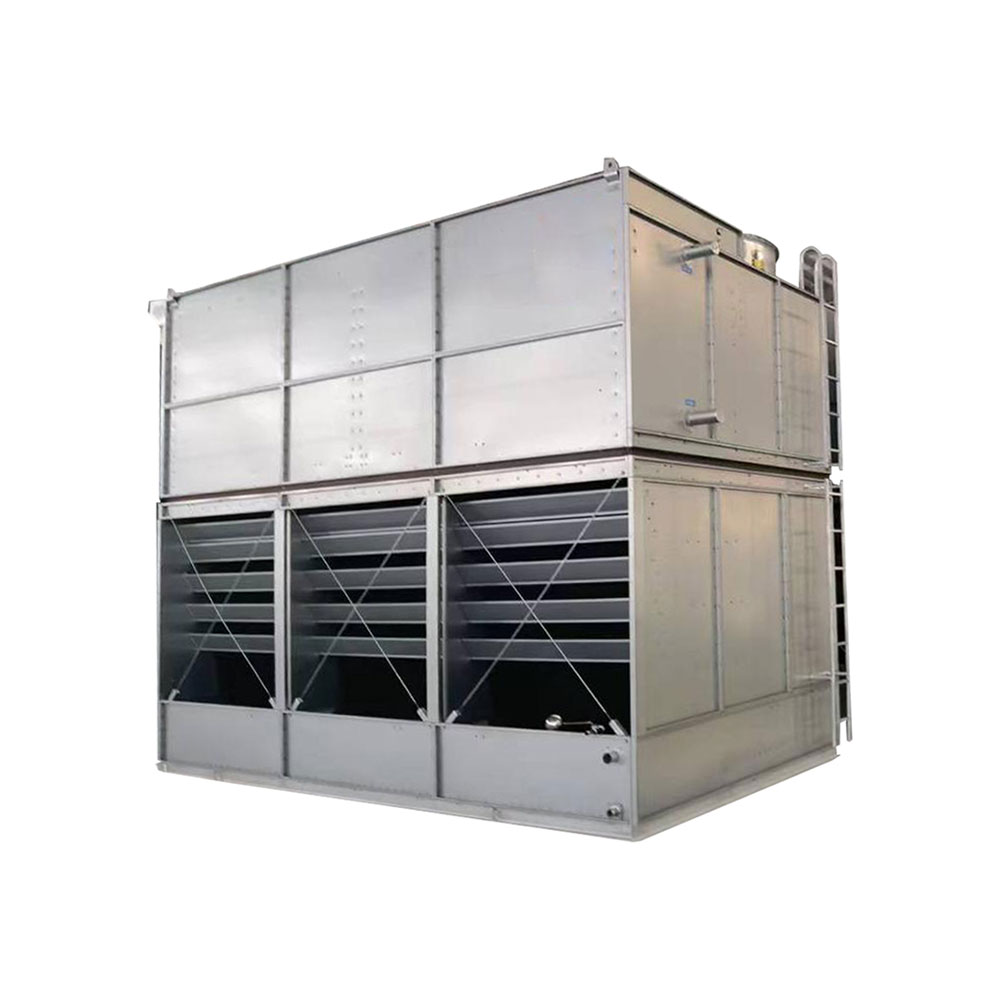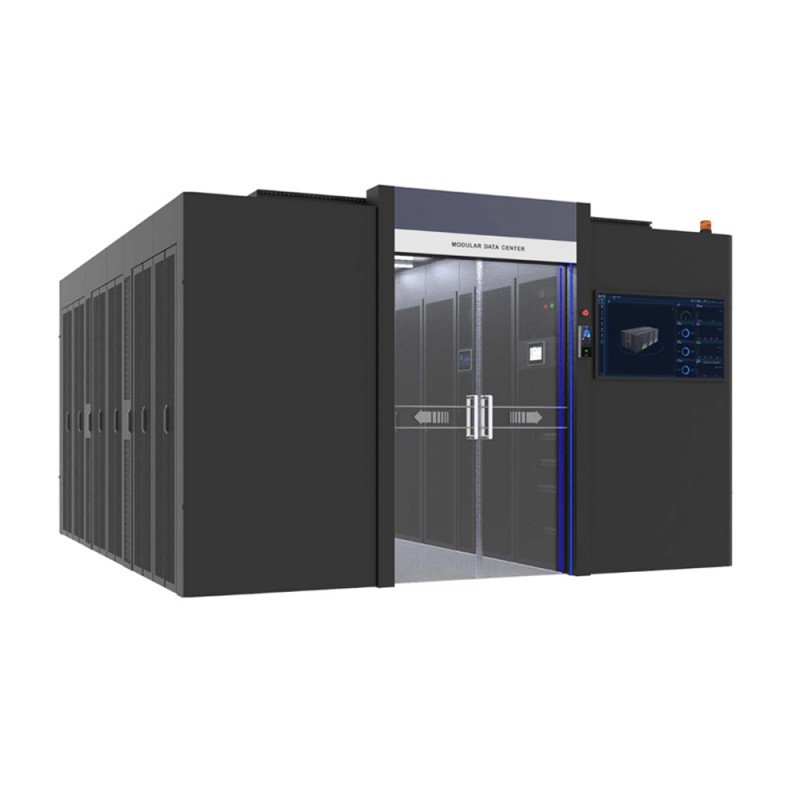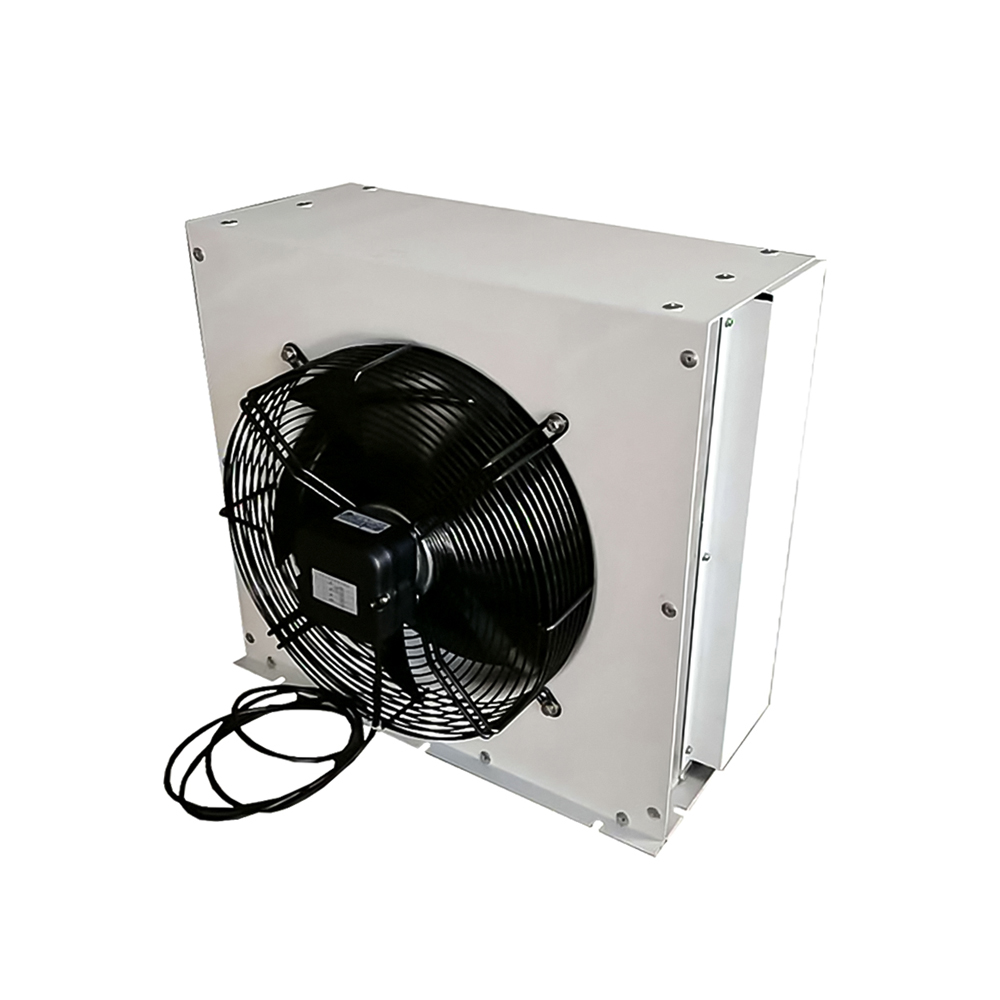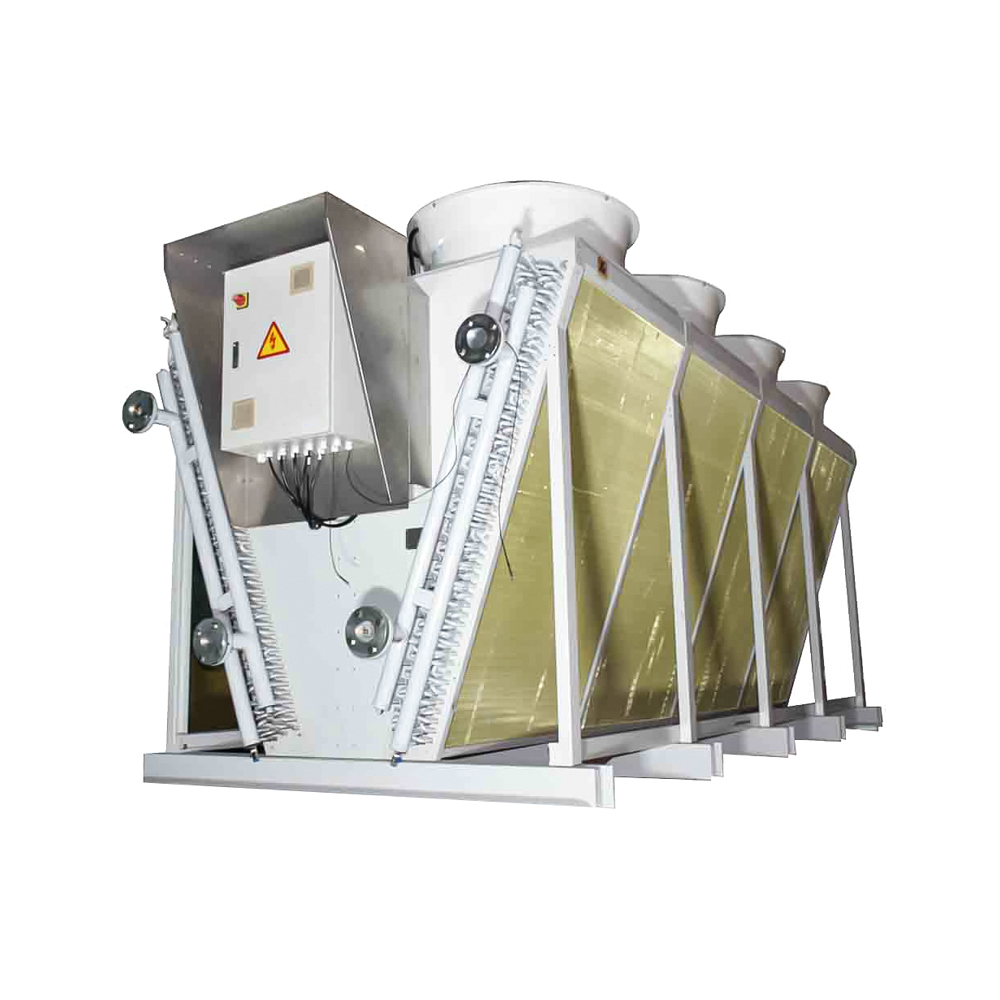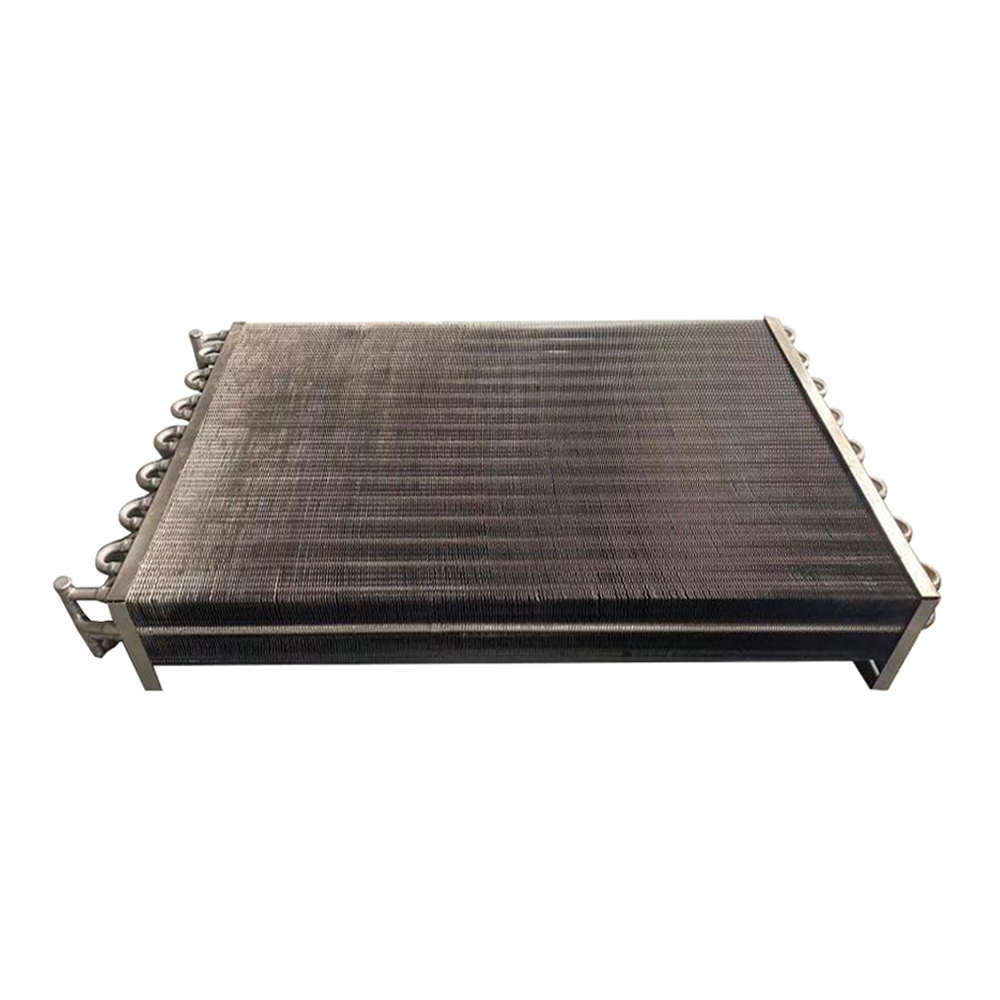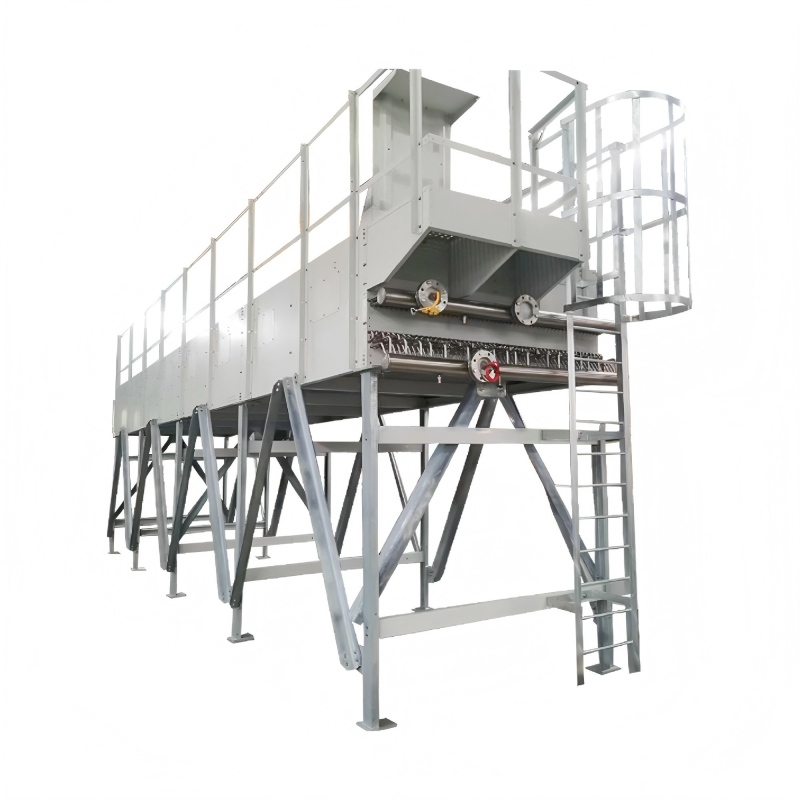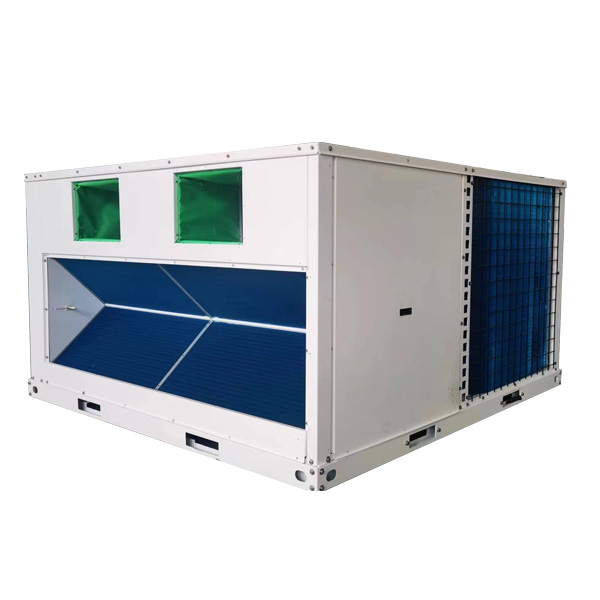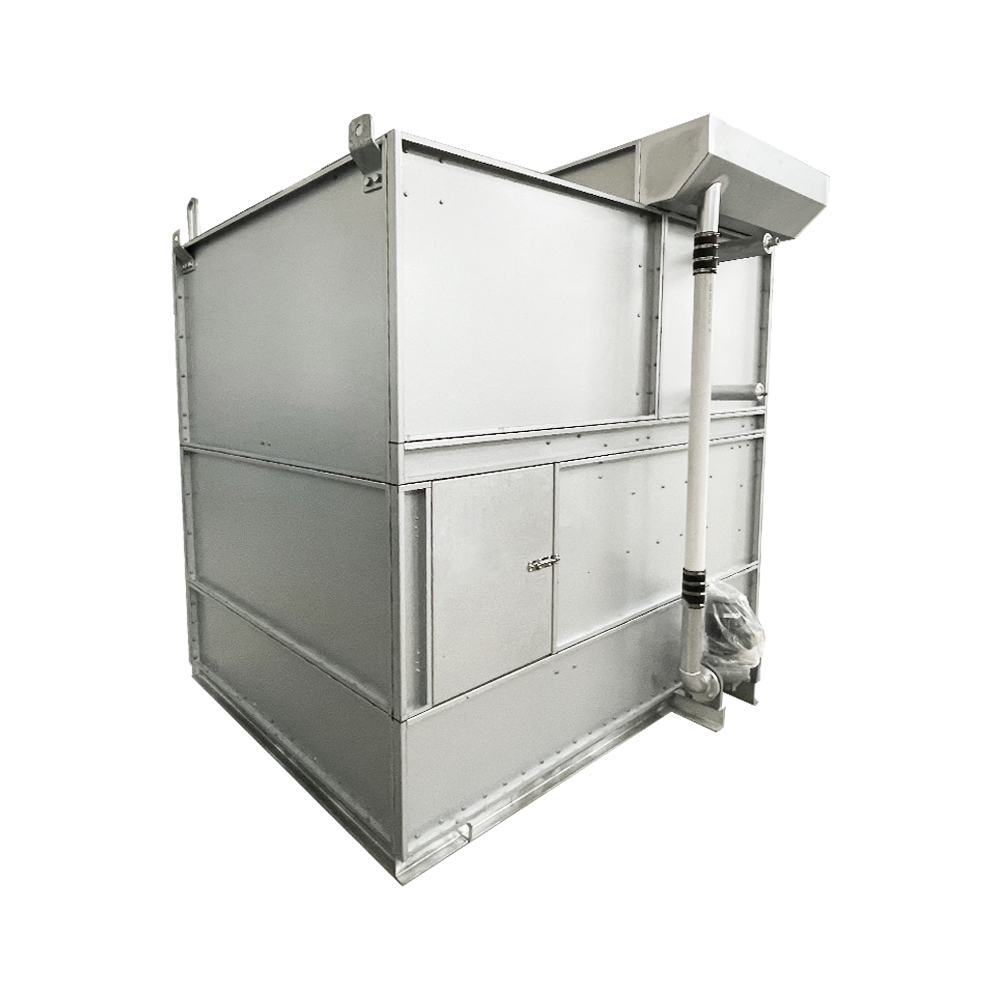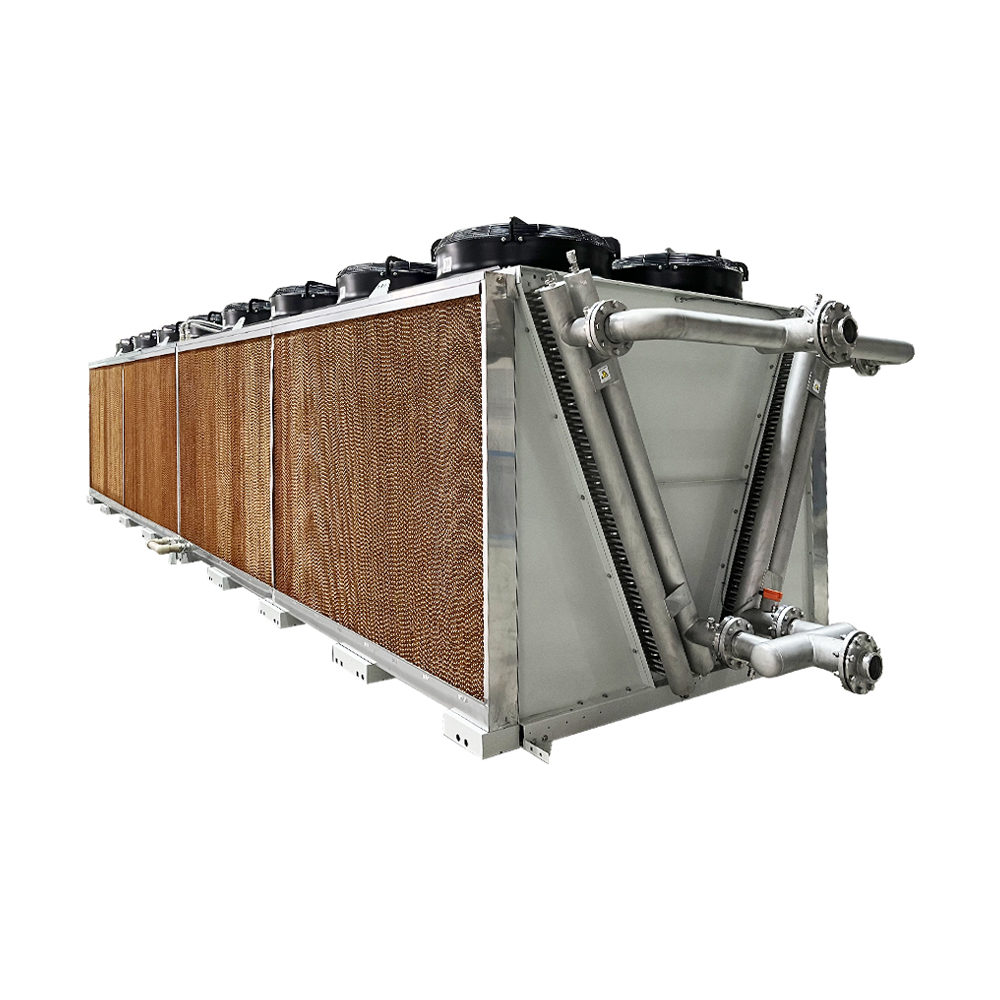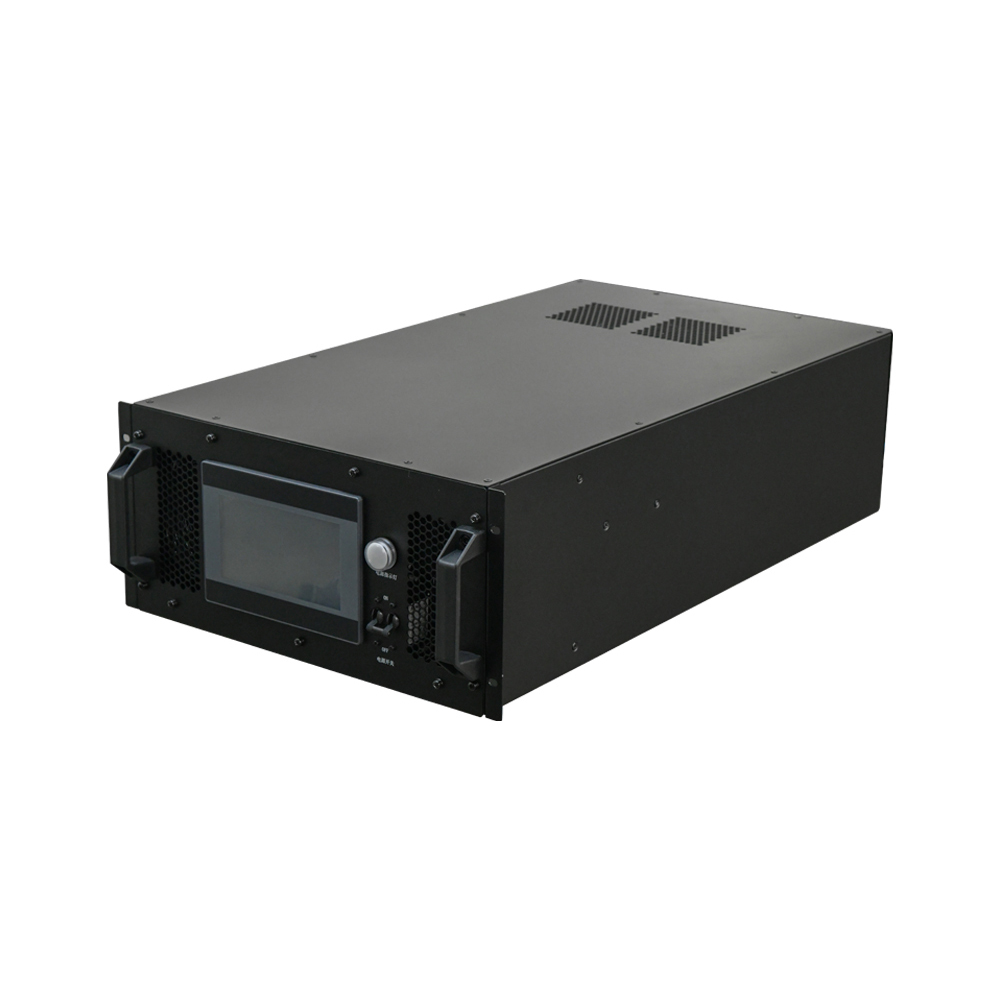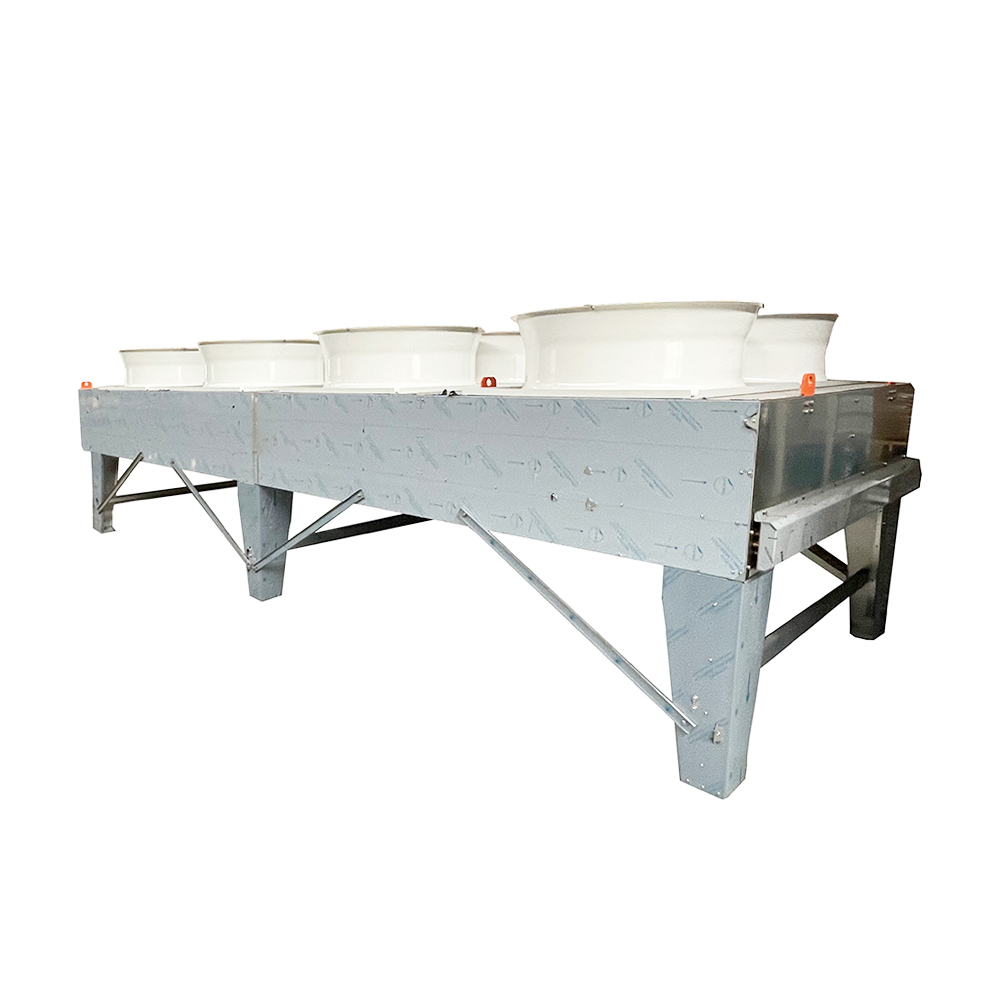Finding the Right Refrigerant Coil Supplier: A Comprehensive GuideThis guide helps you navigate the world of refrigerant coil suppliers, outlining key considerations for choosing the right partner for your needs. We'll explore different coil types, factors influencing selection, and crucial questions to ask potential suppliers. Learn how to ensure quality, efficiency, and long-term value in your refrigeration system.
Understanding Refrigerant Coils
Types of Refrigerant Coils
Refrigerant coils come in various types, each designed for specific applications. The most common include: Microchannel coils: Known for their high efficiency and compact design, ideal for applications where space is limited. They offer superior heat transfer capabilities due to their small channels. Copper tube coils: A traditional and widely used type, offering good durability and cost-effectiveness. They are commonly found in residential and commercial refrigeration systems. Aluminum coils: Lighter and more corrosion-resistant than copper, but potentially less durable under high pressure. They are often used in specific applications requiring lightweight construction.Choosing the right coil type depends on factors like the refrigerant used, the cooling capacity required, and the specific application.
Factors to Consider When Selecting a Refrigerant Coil
Selecting the optimal
refrigerant coil requires careful consideration of several crucial factors: Cooling Capacity (BTU/hr): This determines the coil's ability to remove heat, directly impacting the system's performance. Refrigerant Type: Different refrigerants have varying properties and compatibility with specific coil materials. Coil Material: The choice between copper, aluminum, or microchannel impacts durability, cost, and efficiency. Operating Pressure: The coil must withstand the operating pressures of the refrigeration system. Dimensions and Configuration: The coil's size and shape must fit the available space within the refrigeration unit.
Finding the Right Refrigerant Coil Supplier
Key Questions to Ask Potential Suppliers
Before committing to a
refrigerant coil supplier, ask these essential questions: What types of
refrigerant coils do you offer? What is your lead time for production and delivery? What quality control measures do you have in place? Do you provide warranties or guarantees on your products? Can you provide references or case studies? What are your pricing and payment terms? What is your return policy?Thorough due diligence is essential to prevent costly mistakes and ensure the reliability of your
refrigerant coil supply.
Evaluating Supplier Capabilities
Look beyond just pricing. Consider: Experience and Reputation: A long-standing supplier with a proven track record is a safer bet. Technical Expertise: A supplier with experienced engineers can provide valuable support and advice. Manufacturing Capabilities: Ensure the supplier has the capacity to meet your specific needs and deadlines. Customer Service: Responsive and helpful customer service can make a significant difference.
Choosing the Best Refrigerant Coil for Your Needs
The ideal
refrigerant coil will depend heavily on your specific application. For instance, a walk-in cooler will have vastly different requirements from a smaller display case. Careful consideration of the factors outlined above is crucial for selecting the most appropriate coil and supplier. Working with a reputable supplier can help streamline this process and ensure the long-term efficiency and reliability of your refrigeration system.
| Feature | Microchannel Coil | Copper Tube Coil |
| Efficiency | High | Moderate |
| Size | Compact | Larger |
| Cost | Generally Higher | Generally Lower |
| Durability | High | High |
For high-quality
refrigerant coils and expert support, consider contacting
Shanghai SHENGLIN M&E Technology Co.,Ltd.This information is for general guidance only. Always consult with a qualified refrigeration technician for specific recommendations.









.jpg)
